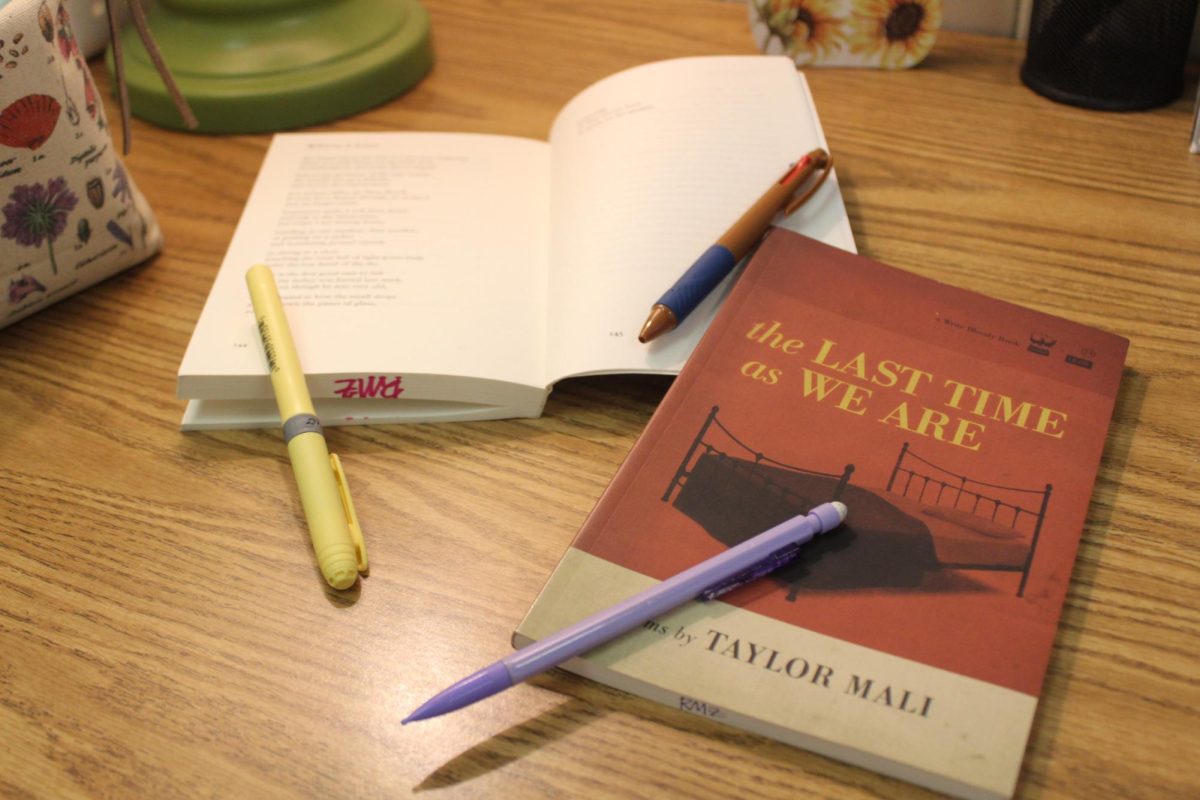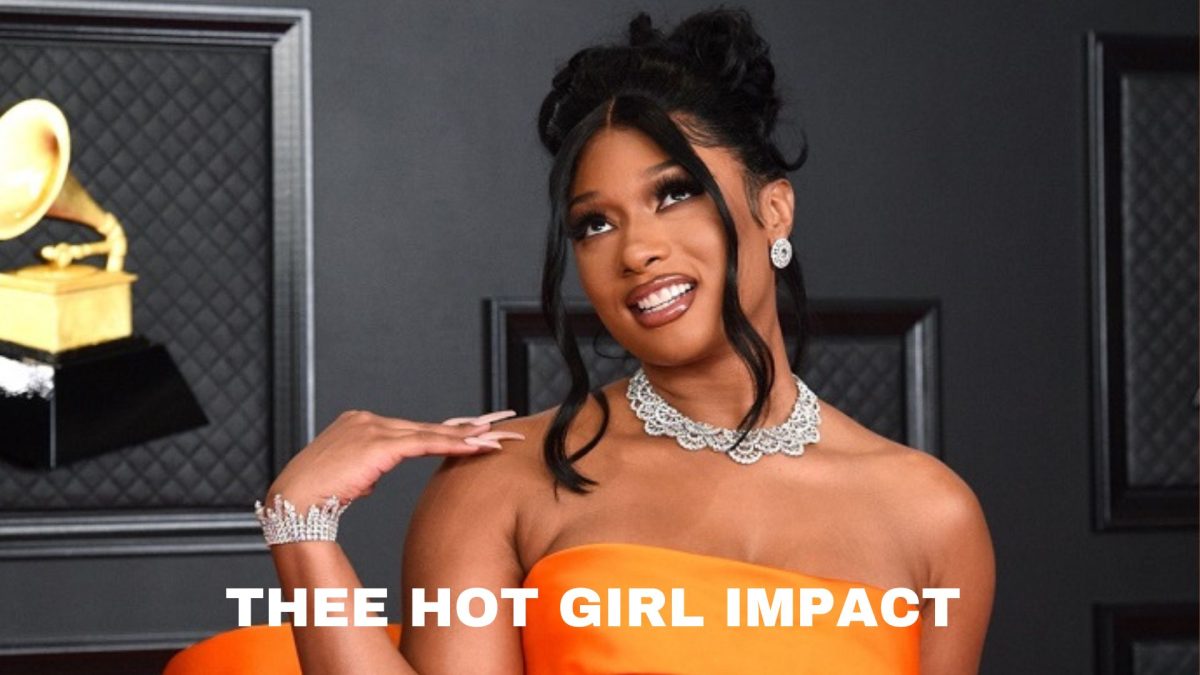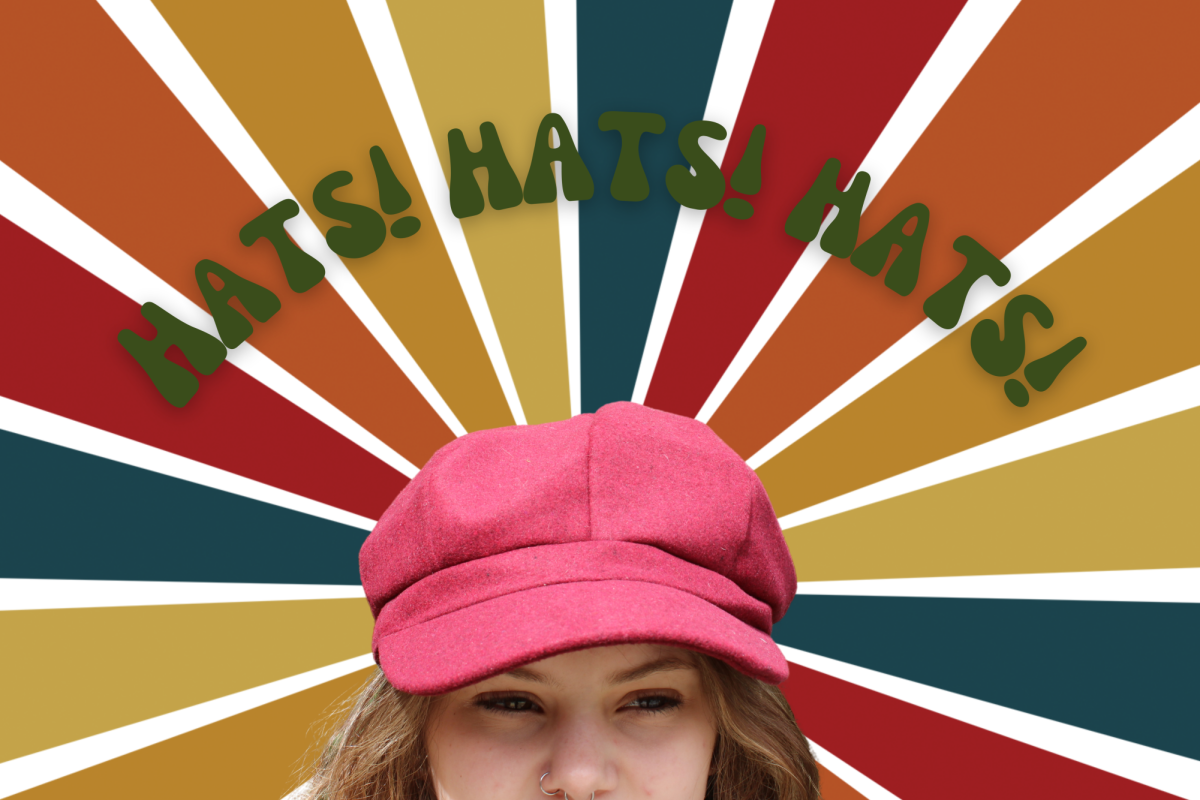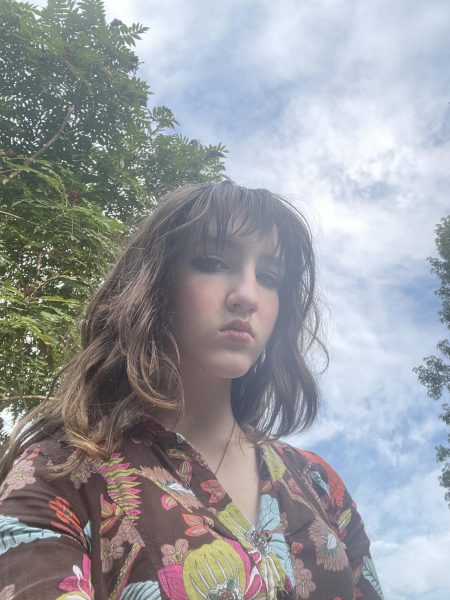Like a vine climbing and twirling up a fence, ending in a petalled bloom, readers and listeners love poetry for its flowery language and creative use of rhymes, rhythm and figurative language. The art form has prospered for ages worldwide; from the Odyssey of ancient Greece to the romanticism of the late 18th and early 19th century into the bold language of the Harlem Renaissance, poetry has spanned generations of humanity. The art acts as a beautiful and emotional form of writing that fills gaps left by other products of creativity.
Archeologists date the first poem-like text to roughly between 2500 and 3000 BC: “Hymn to the Death of Tammuz.” After this finding, poetry continues to resurface throughout time all across the world. From the haikus originating in 17th-century Japan to Shakespeare’s famous sonnets, all of humanity has dabbled in the art of poetry. Thanks to this diversity in its forms, a reader can enjoy poems, both short and long, rhymed and not, that explore anything within comprehension. The greatly varied formats tied together by the threads common in all poetry allow for expression unmatched by any other type of writing.
Today, readers frequently forgo poetry, finding it too symbolic for easy comprehension or otherwise lacking efficient storytelling. People who dislike poetry typically point to older poems, like those of Shakespeare or Emily Dickinson. Moreover, their distaste stems from the poets’ figurative and flowery language. These perceived faults, however, promote the inherent beauty of the words. The meandering and figurative tendencies or the rhyming comedic lines of poetry enable the reader to focus on bite-sized writings with vivid atmospheres. Additionally, thanks to the variety of types of poems and topics on which poets write them, no two poems read identically. One may read anything from a three-line haiku to a near-endless freestyle poem, so generalizations about the style rarely hold consistent truth.
Poetry provides a unique opportunity for creativity to thrive. A majority of poems include rules, such as limits on syllables or rhyme schemes, that the poet must adhere to. This limit on word choice forces the writer to communicate their point in a specific structure and with words that follow it. The forced thought allows a quite descriptive, yet brief poem. Due to the minimization of choice, the constraints of poetry motivate creativity. This permits the writer to use thoughtfully chosen words that fit the given constraints, limiting the paralysis of choice.
“There are so many rules in writing poetry and people are the most creative under rules. For example, a haiku has probably the most stringent guidelines for writing but they’re fun to write, and kids love writing those in elementary school… a sonnet, same thing, very stringent rules, but they’re fun to write because you have to follow those rules and be creative, you have to have iambic pentameter, you have to rhyme in the scheme,” AP Literature teacher Cathie Lawson said.
Emotion motivates poetry, but emotion embodies no concrete form. This allows the poet and the reader to create an amorphous idea to represent the words in front of them, permitting figurative language to run free through the poem. The lack of definition in poetry permits readers and listeners to impute a unique perspective or meaning into the words, protecting an innermost part of the poet that they may feel unwilling to share as well as providing a sense of community for the reader. This aspect of poetry may influence its tendency to improve the memory of its reader.
“Poetry, number one, comes from emotion. The only reason anybody ever writes a poem is because they have some kind of emotion they need to get out and they want to get it out as concretely as possible, and they don’t have to worry about so much their audience as themselves; it’s one of the most satisfying, therapeutic types of writing that exists,“ Lawson said.
Poetry does not always exist purely to capture emotion. Poets like Shel Silverstein significantly exemplify this. Readers know Silverstein as a writer of poetry intended for children. His poems focus on humorous stories that can bring a glimmer of amusement to people of any age. Poems need not always focus on serious topics. They do not constantly focus on the pains or aches of the poet or the great joys they feel. Instead, the topics of poetry vary immensely from poem to poem. This ensures that anyone wishing to read poetry can find a niche they enjoy.















